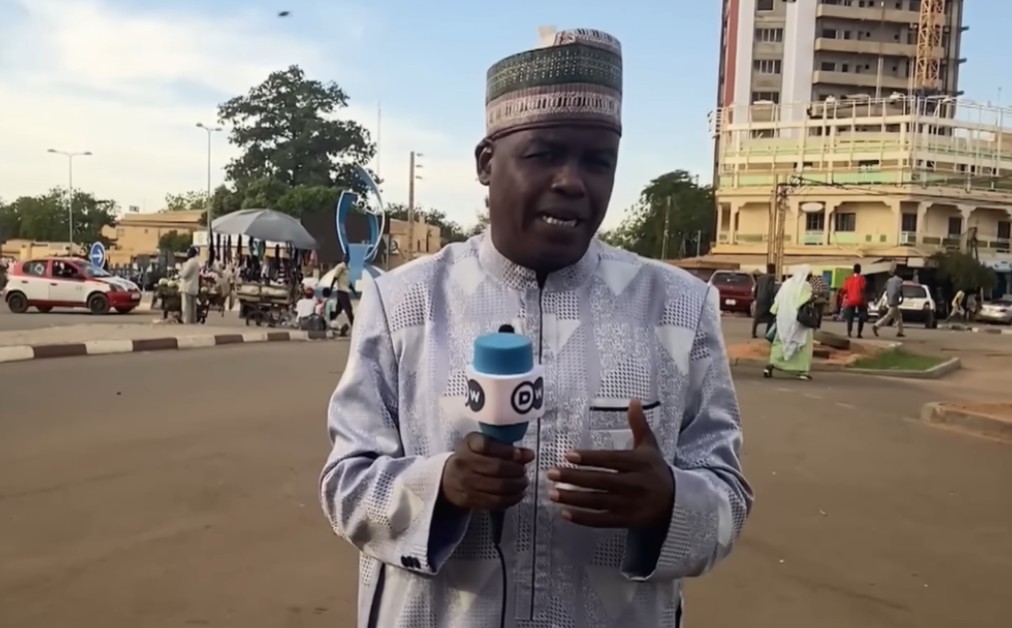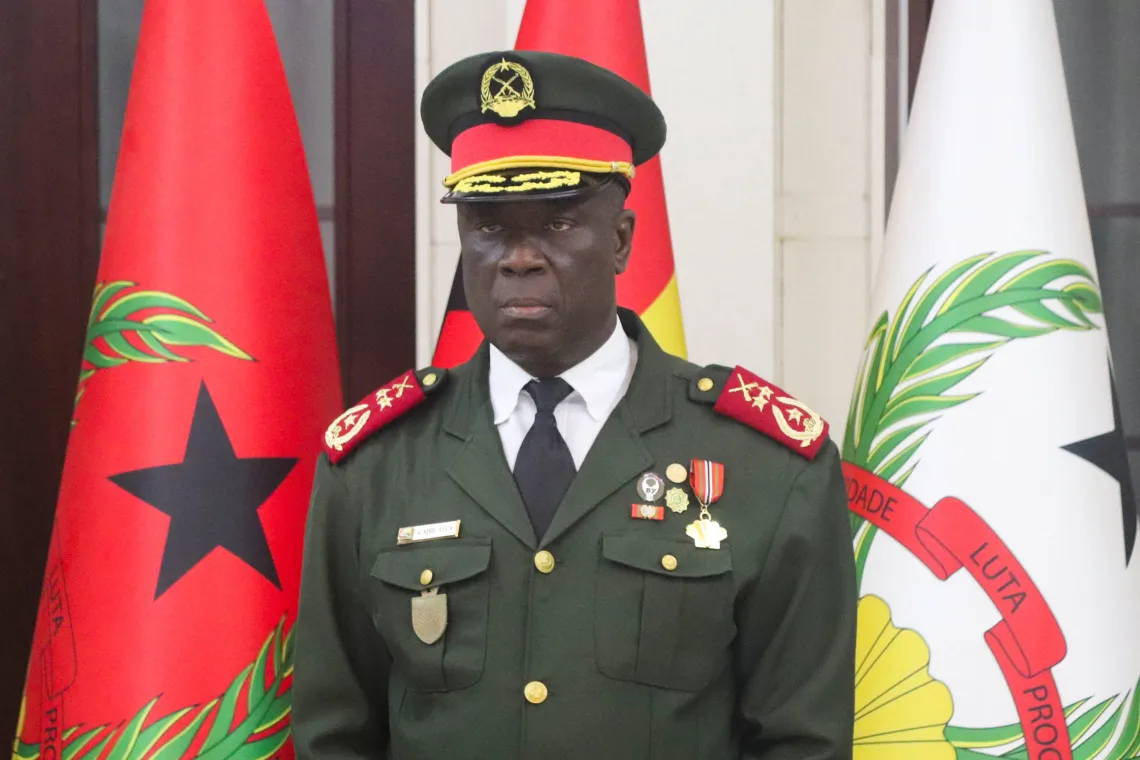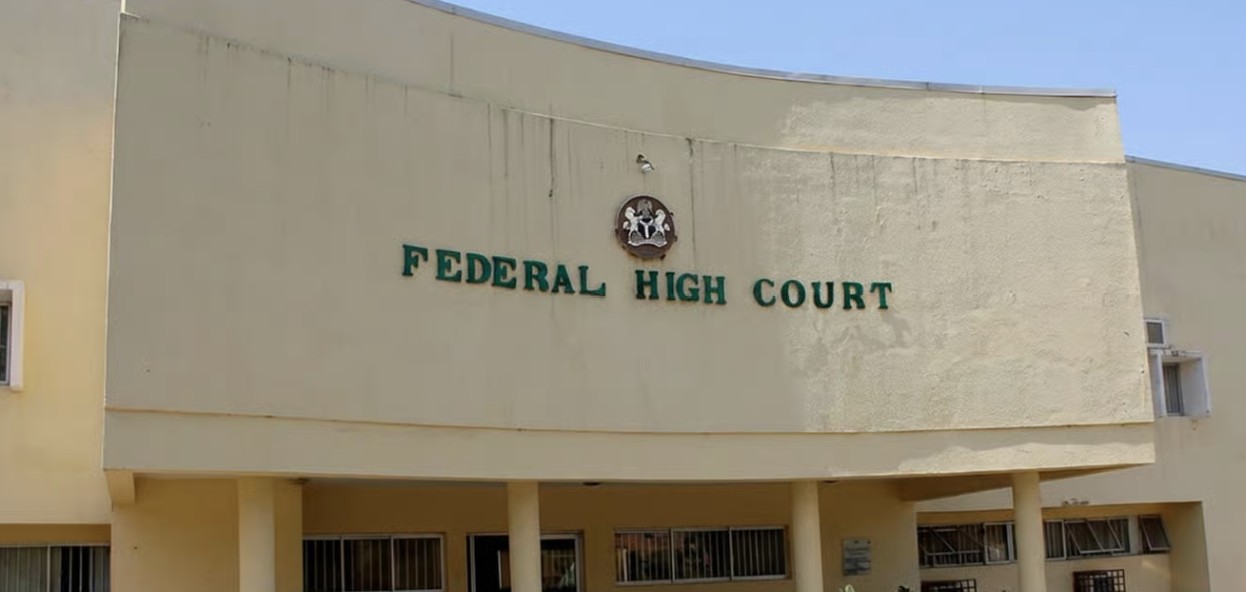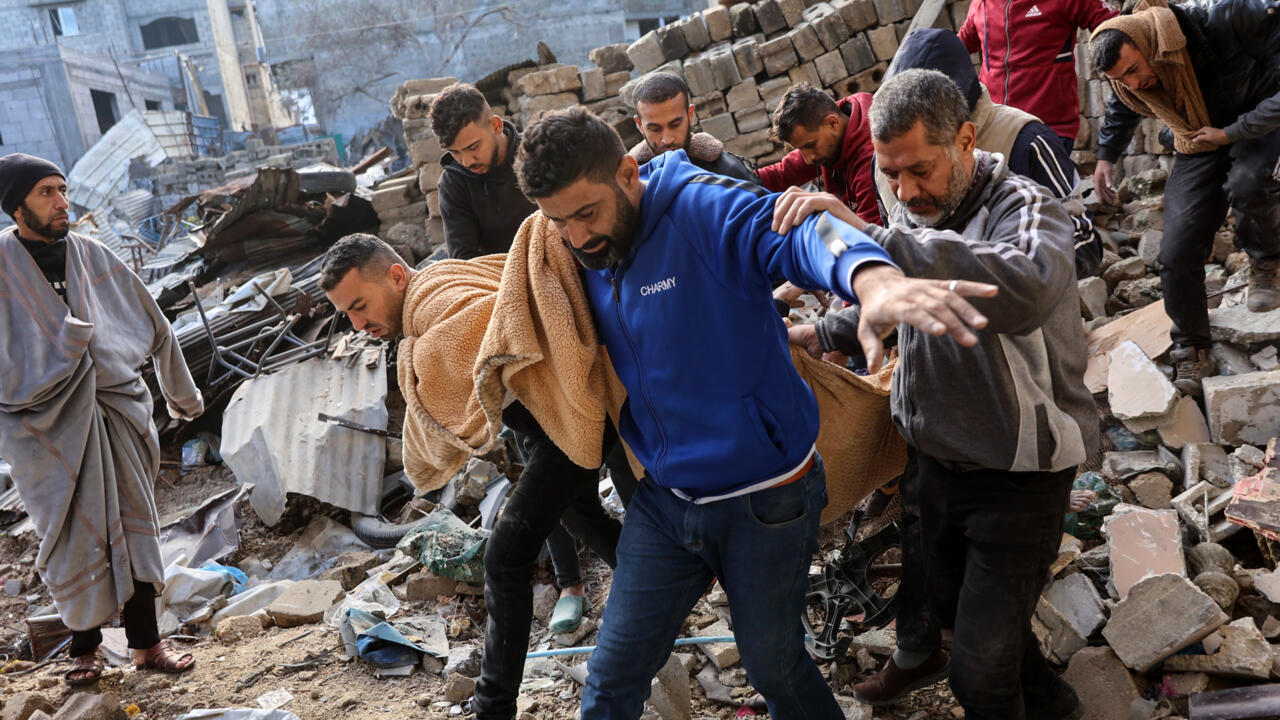
Israeli Airstrikes Kill Aid Workers and Journalists in Gaza During Ceasefire
March 15, 2025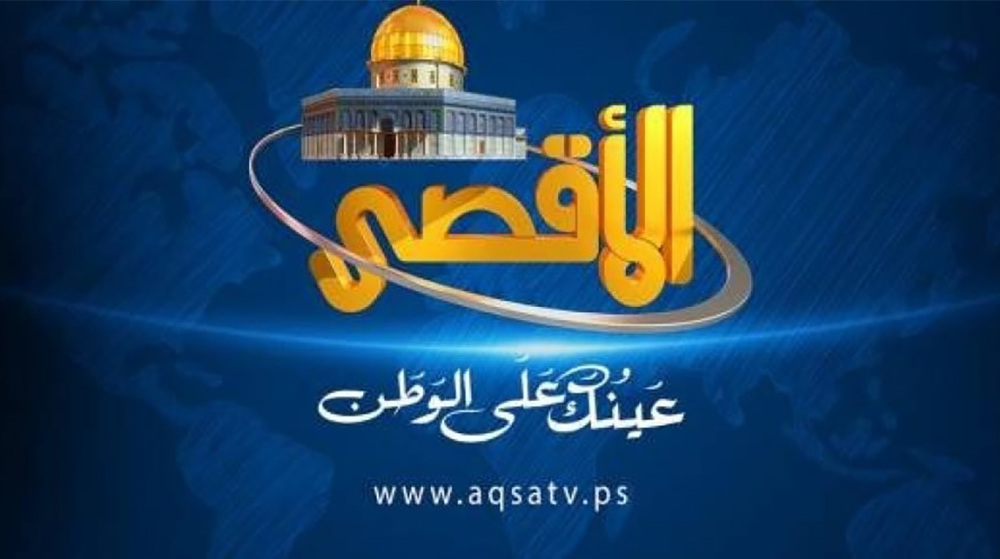
US and EU Face Backlash for Blocking Palestinian Al-Aqsa TV Satellite Broadcasts
March 15, 2025March 15, 2025 – Africa –
Press freedom remains a critical barometer of democracy and human rights across Africa. In 2025, several African nations have stood out either for upholding robust media freedoms or for continuing to restrict independent journalism under government pressures.
Among the best performers, Ghana consistently ranks as a leader in press freedom. Its vibrant and pluralistic media environment allows journalists to operate relatively independently without fear of censorship or persecution. Ghana’s constitutional protections and active civil society contribute to a flourishing media landscape, making it a regional beacon for press rights.
South Africa also maintains a strong record, with diverse media outlets engaging critically with government policies and societal issues. Despite challenges such as occasional threats to journalists, the country’s legal framework and independent judiciary help safeguard media freedoms. Botswana and Namibia are similarly praised for their relatively free and open media environments, supporting investigative journalism and diverse opinions.
Tunisia continues to be noted for progress in press freedoms following its 2011 revolution, although some recent government actions have raised concerns among watchdogs. Kenya remains a mixed case: while it has a lively and critical press, journalists sometimes face intimidation, legal harassment, and violence, especially when covering sensitive political topics.
Conversely, countries like Eritrea and Somalia remain at the bottom of press freedom rankings, where authoritarian regimes and ongoing conflicts create hostile environments for journalists. Eritrea, often described as one of the world’s most repressive media climates, severely restricts independent reporting and bans all private media. Somalia’s challenges stem from political instability, armed conflict, and threats from militant groups, all of which endanger journalists’ safety.
Other nations such as Sudan, Ethiopia, and Zimbabwe have experienced fluctuating press freedom due to political turmoil, government crackdowns, and censorship efforts. In some cases, improvements are visible, but serious risks to journalists remain.
International watchdogs stress the importance of legal reforms, protection of journalists, and promotion of media independence to strengthen press freedom across the continent. The contrasting experiences of African countries in 2025 underscore the ongoing struggle between authoritarian control and the pursuit of open, accountable governance through a free press.


